ACE4ES Project Engages Over 2000 Students in Clean Air Advocacy, Calls for Urgent Investment in Air Quality Solutions
Kumasi, Ghana – As part of the global observance of the International Day of Clean Air for Blue Skies, the Agroecology and Circular Economy for Ecosystem Services (ACE4ES) project, led by the Council for Scientific and Industrial Research – Crops Research Institute (CSIR-CRI), held a transformative community outreach event at the Adventist Girls Senior High School. This engagement emphasized the urgent need for investment in clean air solutions as a pathway to improving public health and mitigating climate change.
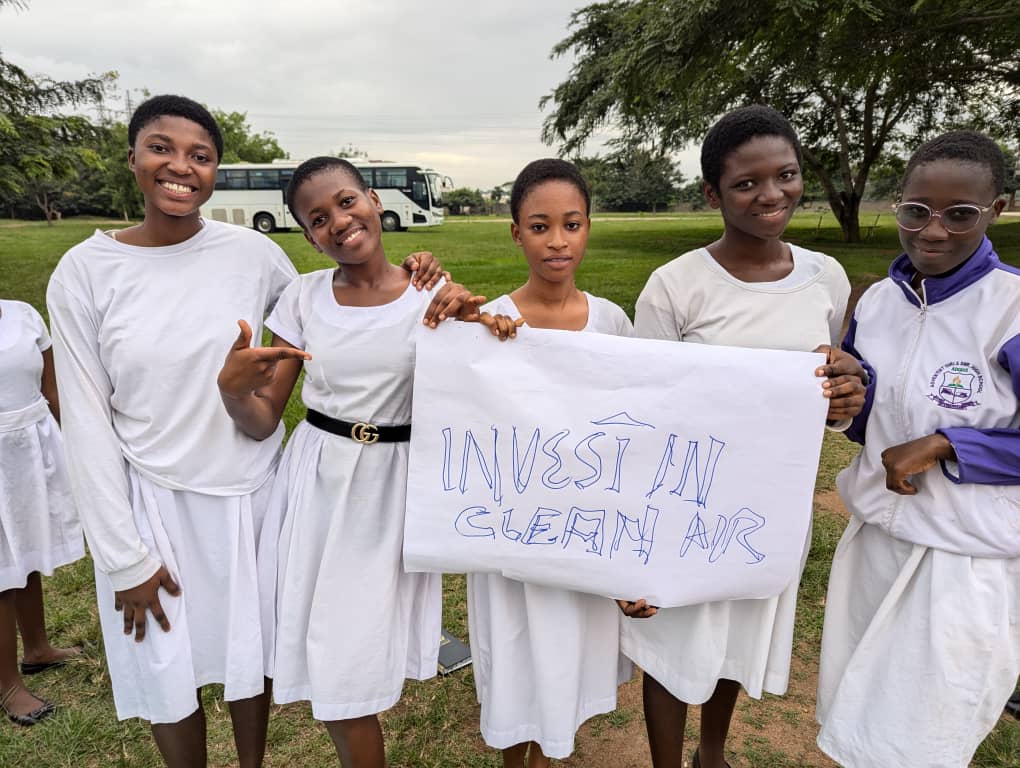
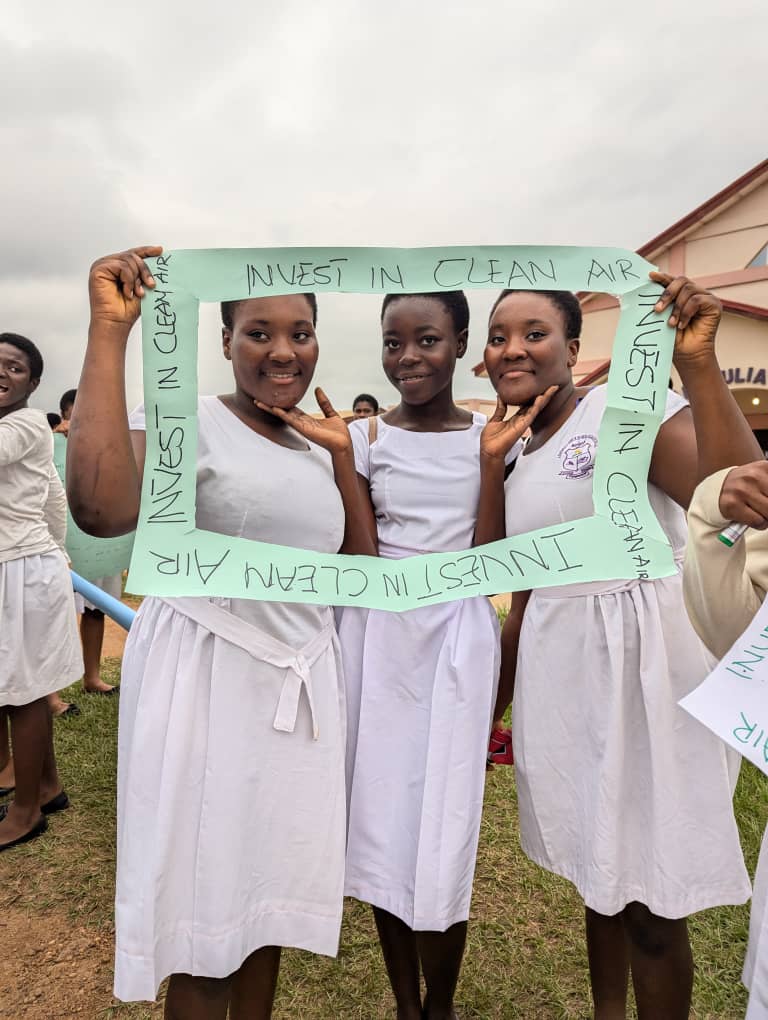
More than 2000 students participated in the event, which featured peer-sensitization sessions, brainstorming discussions on the causes of air pollution, and a strong call for action to address air quality issues in Ghana. Notably, over 500 students signed up to become Clean Air Ambassadors, pledging to advocate for and promote cleaner air practices in their homes and communities.
The Need for Clean Air Investment
As air pollution continues to threaten global health and economic stability, the event highlighted the dire need for increased investment in air pollution reduction strategies. Air pollution is a leading cause of early death, with over 8 million people, including 700,000 children under five, dying annually from exposure to dirty air. The students voiced their concerns about air pollution in Ghanaian communities, identifying key issues such as:
- Black carbon emissions from inefficient biomass cookstoves.
- The harmful practice of burning household waste rather than adopting recycling measures.
- Inefficient combustion engines in vehicles and other machinery.
- Weak enforcement of local pollution bylaws.
Dr. Kwaku Onwona-Hwesofour, ACE4ES Project Lead, reinforced the critical message during the event, stating:
“We must urgently prioritize investment in clean air solutions. Air pollution not only affects our health but also fuels climate change. The young generation has a key role to play in driving the change needed, but governments, businesses, and international bodies must lead by investing in clean air technologies and stronger policies.”
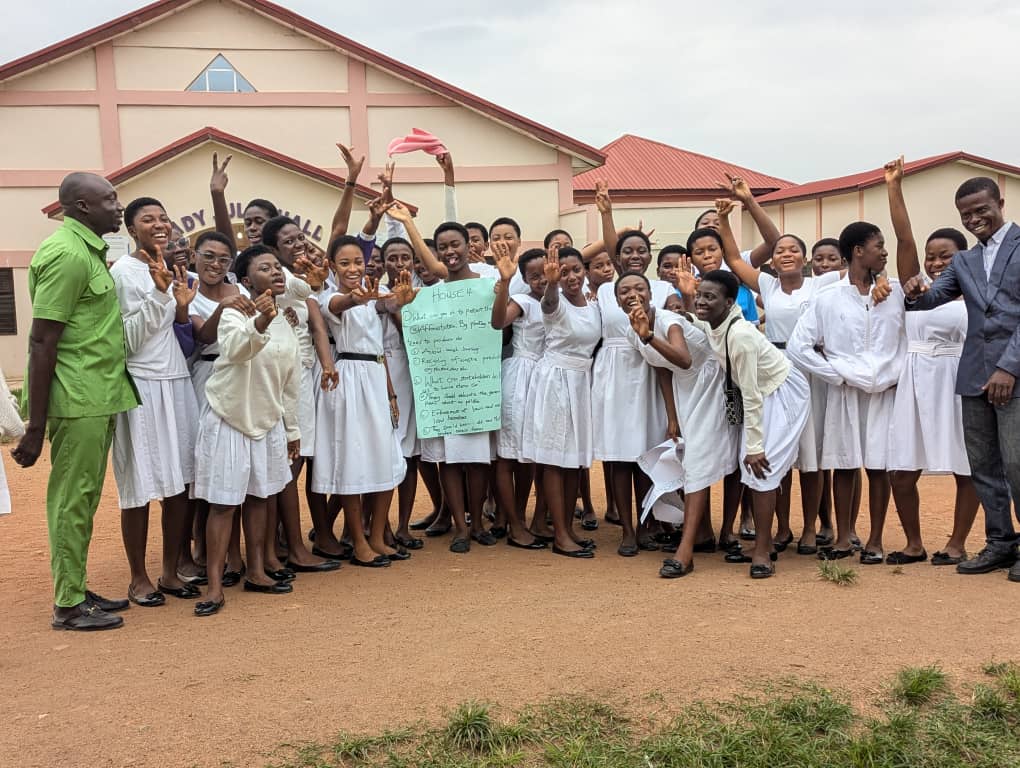
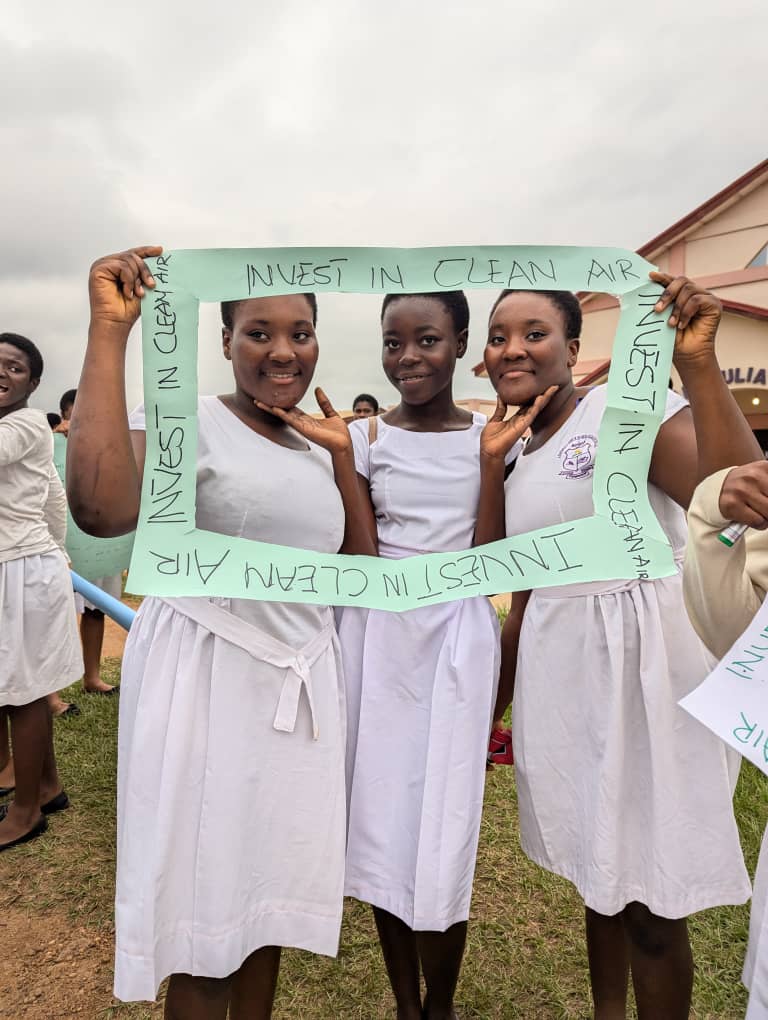
Student-Led Advocacy for Clean Air
The students actively participated in knowledge-sharing cafés and brainstorming sessions, where they explored the root causes of air pollution and proposed actionable solutions to tackle the problem in their communities. Key solutions discussed included:
- Adoption of cleaner cooking technologies to reduce indoor air pollution.
- Public education campaigns to discourage the burning of waste and promote recycling.
- Stricter enforcement of air quality standards and pollution control measures at the local level.
Students also called for increased investment in air quality monitoring, cleaner energy technologies, and stronger regulation to mitigate air pollution’s effects on both respiratory health and the climate.
A Call to Action: Investing in Clean Air
This engagement reflects the broader message of the International Day of Clean Air for Blue Skies—that tackling air pollution requires urgent and significant investment from both the public and private sectors. Investments in clean energy, sustainable transportation, waste management, and emissions reduction technologies can not only improve public health but also drive economic prosperity and contribute to climate resilience.
The ACE4ES project, with the support of partners and students, will continue to advocate for stronger investment in clean air measures to foster a healthier, more sustainable future.
“Air pollution is preventable, and we have a responsibility to invest in solutions that protect both human health and the planet,” said Dr. Onwona-Hwesofour.
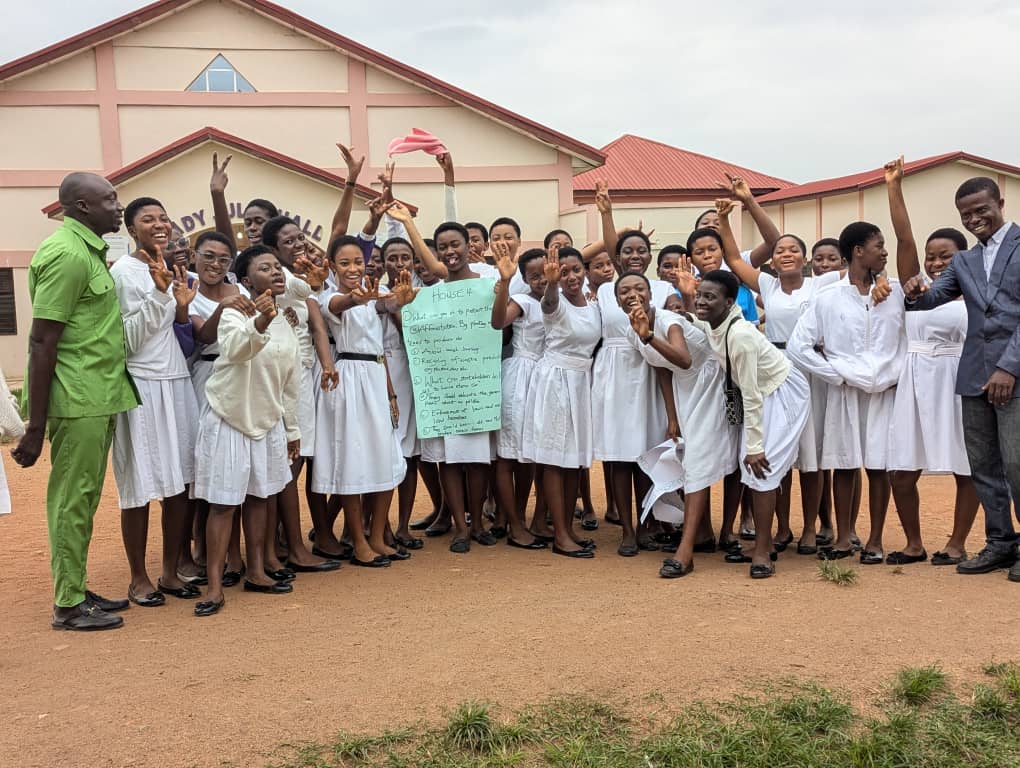
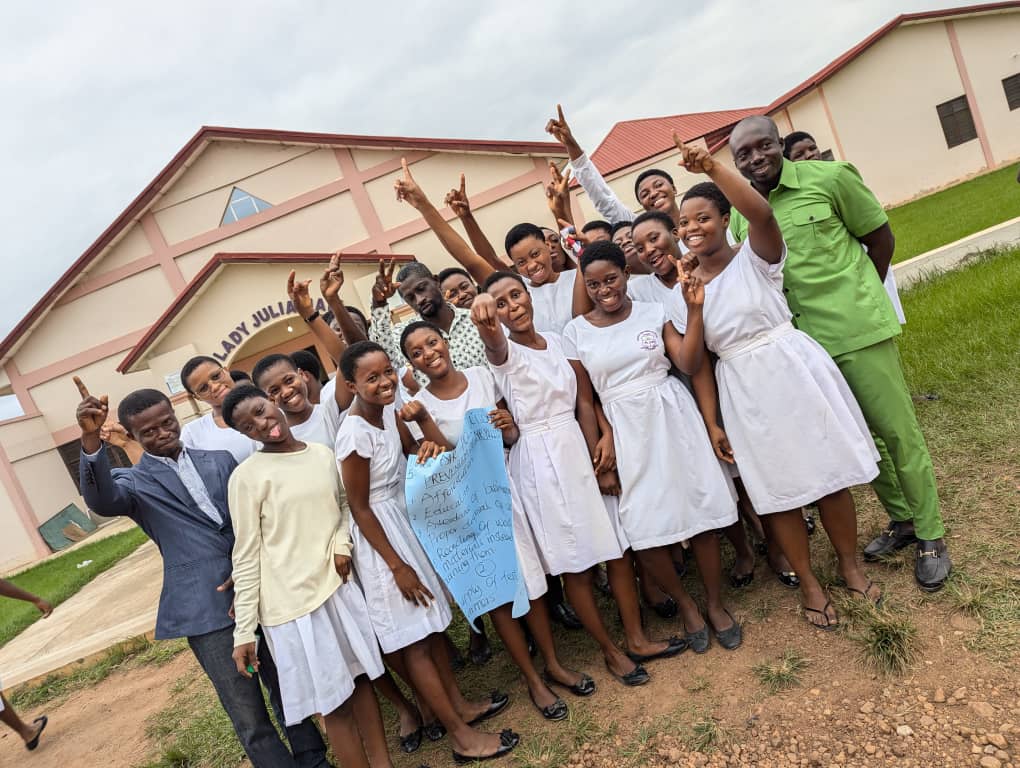
Conclusion
This event marks a crucial step forward in the fight against air pollution, with over 2000 young advocates leading the charge to improve air quality in Ghana. The ACE4ES project calls on policymakers, businesses, and civil society to prioritize investment in air quality solutions to safeguard future generations.
For media inquiries, please contact:
ACE4ES Project Communications
